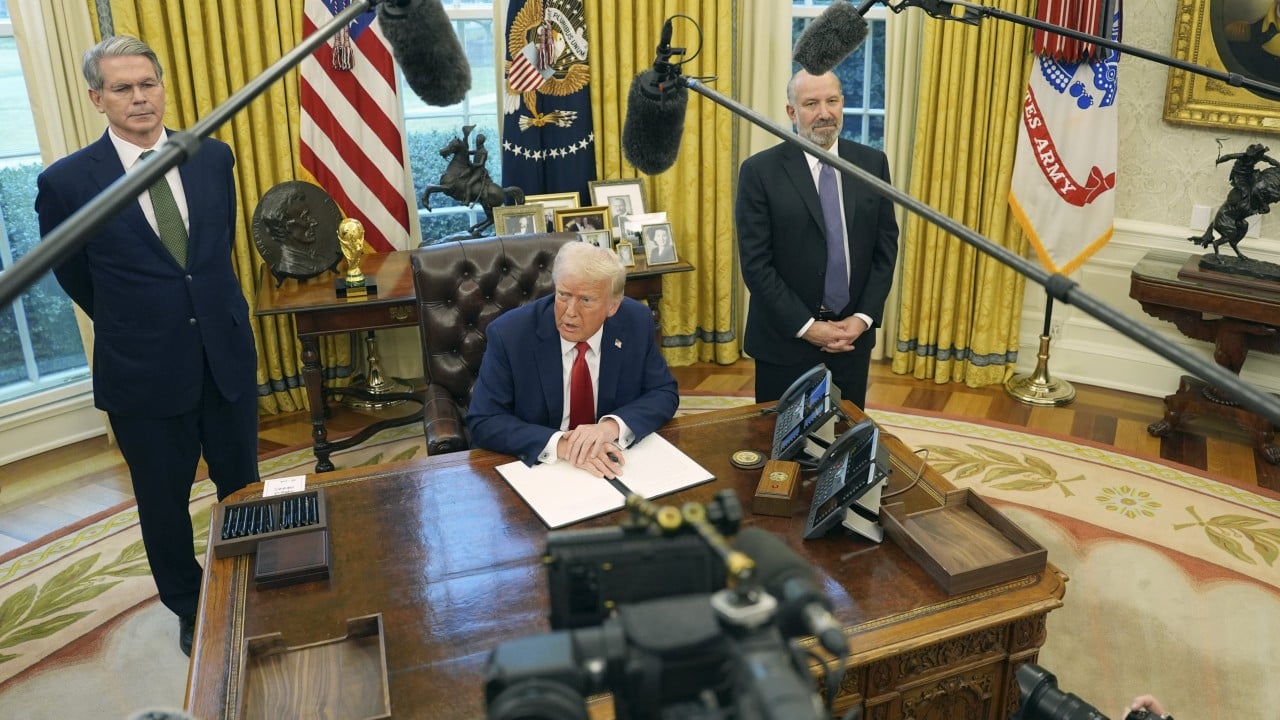1. Call for Papers: In the Name of National Security – The Fragility of Human Rights. The Centre for Public Law at the University of Cambridge and Universidad Autónoma de Madrid will co-host a workshop In the Name of National Security: The Fragility of Human Rights at the Centro de Estudios Políticos y Constitucionales in Madrid on 3 July 2025. Keynotes will be presented by Professor Iain Cameron and Professor Ana María Salinas de Frías. The workshop is held in conjunction with the European Human Rights Law Review and it is intended that a selection of papers from the workshop will be included in a Special Issue of the journal in 2026. Additional support for the event is generously provided by the Ministerio de Ciencia, Innovación y Universidades, Confinanciado por la Unión Europea. The organisers welcome abstracts on any topic within the theme. To propose a paper, submit an abstract of 250-500 words by 25 April 2025 using this form. Full papers are to be submitted by 26 June 2025, one week in advance of the workshop. Papers may be between 5,000 and 10,000 words (inclusive of footnotes). Direct any queries you might have about this event to either Professor Susana Sánchez Ferro (UAM) or Dr Kirsty Hughes (Cambridge). Grant PID2021-123563NB-I00, funded by MICIU/AEI/ 10.13039/501100011033 and by “ERDF/EU”
2. Leiden-Edinburgh Global Law Summer School: Public Interest Dispute Resolution and Advocacy. The Summer Course on Global Law, offered jointly by Leiden and Edinburgh Law Schools, focuses this year on the theme of Public Interest Dispute Resolution and Advocacy. It offers research-based education on public interest litigation as a core feature of global legal practice. Coordinated by Letizia Lo Giacco (Leiden) and Gail Lythgoe (Edinburgh), there are modules on Transnational Food Governance: Markets, Movements, and Regulations, Global Security Governance, and Climate Change Litigation: Views from the Practice. More information is available here. Registration is now open.


